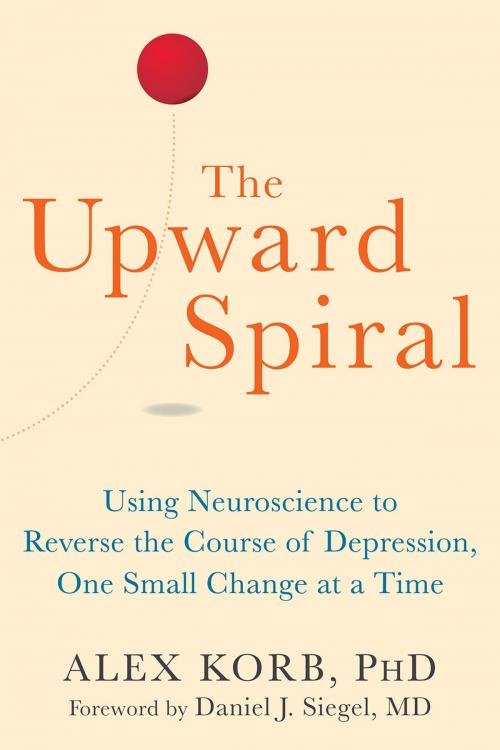The Upward Spiral
Using Neuroscience to Reverse the Course of Depression, One Small Change at a Time
Nonfiction, Health & Well Being, Self Help, Mental Health, Mood Disorders, Psychology, Neuropsychology| Author: | Alex Korb, PhD | ISBN: | 9781626251229 |
| Publisher: | New Harbinger Publications | Publication: | March 1, 2015 |
| Imprint: | New Harbinger Publications | Language: | English |
| Author: | Alex Korb, PhD |
| ISBN: | 9781626251229 |
| Publisher: | New Harbinger Publications |
| Publication: | March 1, 2015 |
| Imprint: | New Harbinger Publications |
| Language: | English |
Depression can feel like a downward spiral, pulling you into a vortex of sadness, fatigue, and apathy. In The Upward Spiral, neuroscientist Alex Korb demystifies the intricate brain processes that cause depression and offers a practical and effective approach to getting better. Based on the latest research in neuroscience, this book provides dozens of straightforward tips you can do every day to rewire your brain and create an upward spiral towards a happier, healthier life.
Whether you suffer from depression or just want a better understanding of the brain, this book offers an engaging and informative look at the neuroscience behind our emotions, thoughts, and actions. The truth is that there isn’t one big solution to depression, but there are numerous simple steps you can take to alter brain activity and chemistry. Some are as easy as relaxing certain muscles to reduce anxiety, or getting more sunlight to improve your mood. Small steps in the right direction can have profound effects—giving you the power to become your best self as you literally reshape your brain, one small change at a time.
Depression can feel like a downward spiral, pulling you into a vortex of sadness, fatigue, and apathy. In The Upward Spiral, neuroscientist Alex Korb demystifies the intricate brain processes that cause depression and offers a practical and effective approach to getting better. Based on the latest research in neuroscience, this book provides dozens of straightforward tips you can do every day to rewire your brain and create an upward spiral towards a happier, healthier life.
Whether you suffer from depression or just want a better understanding of the brain, this book offers an engaging and informative look at the neuroscience behind our emotions, thoughts, and actions. The truth is that there isn’t one big solution to depression, but there are numerous simple steps you can take to alter brain activity and chemistry. Some are as easy as relaxing certain muscles to reduce anxiety, or getting more sunlight to improve your mood. Small steps in the right direction can have profound effects—giving you the power to become your best self as you literally reshape your brain, one small change at a time.















